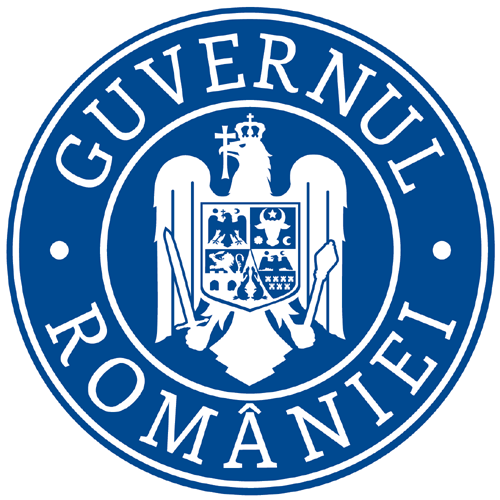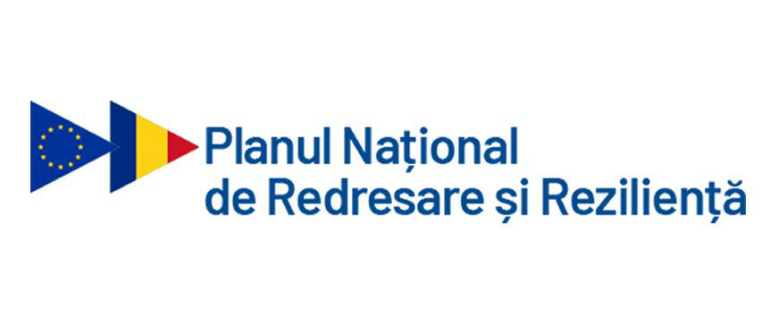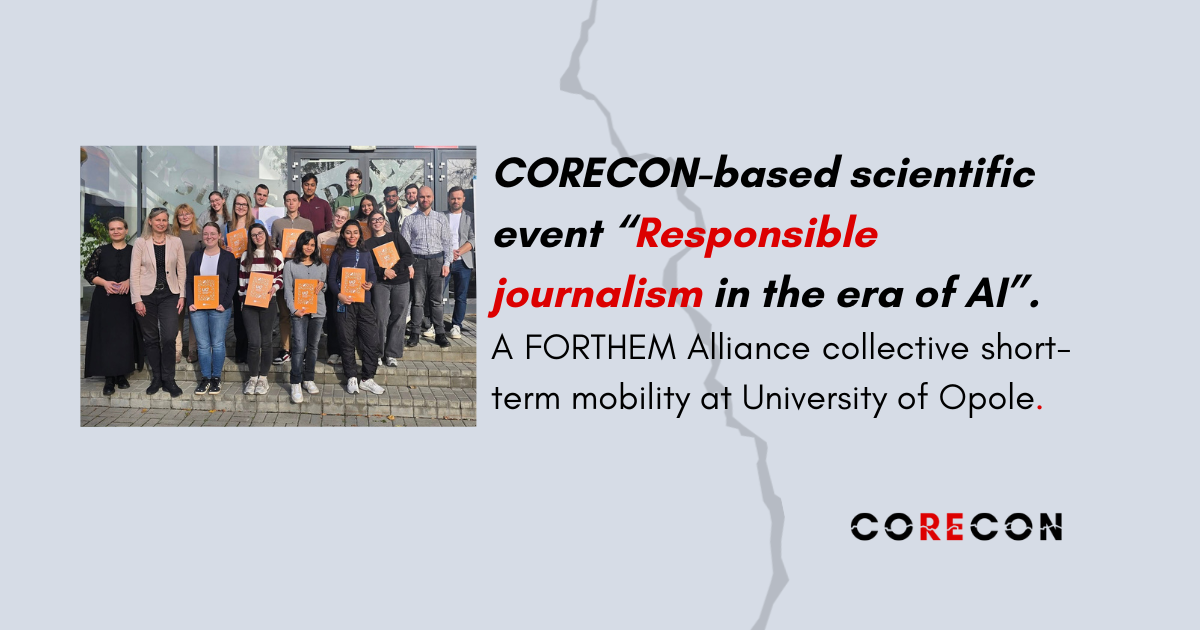The event was organized 27-31 October 2025 and brought FORTHEM students of communication together with researchers and practitioners, in order to revisit the notion of responsible journalism in the era marked by rapid technological advancements, particularly the increasing influence of algorithms, AI-powered applications, and big-tech-controlled networking platforms.
Context and rationale
In the last few years the production and consumption of information have been undergoing profound transformations due to AI advancements. AI tools now help to shape knowledge in journalism, education, research, politics, marketing, and other areas. Yet, not many citizens are aware of or consulted about the future directions of innovations and different governments and competing sectors in the US, Europe or China are developing ways for regulating AI technology to control information production, ideological manipulation and political and economic influence.
Despite widespread skepticism among groups whose cultural capital is rooted in text-based labor, AI is becoming increasingly pervasive in intellectual work. For example, in journalism, the shift to AI raises questions regarding the attribution of authorship, accountability, and the very criteria by which information is validated.
Journalism, as a fundamental pillar of democracy, has been under pressure in new and unprecedented ways. Media organizations’ status as a trusted knowledge-producing institution is being challenged. The work of journalists is often underestimated and driven towards automation. Obviously, the challenges to journalism are not only AI-related, but rather result from a combination of factors, such as (1) technological changes related to platformization of democratic deliberation, (2) economic pressures that prioritize click-through rates over extensive coverage, and (3) political polarization and populism that exploit negative emotions, proving them to be more appealing that rational deliberation.
The need for responsible journalism
In a recent report “Seeking truth, ensuring quality: Journalistic weapons in the age of disinformation” (2025), the academics from the University of Bergen note that our digital public sphere is widely accessible, but at the same riddled with hate speech, conspiracies, and disinformation. They identify such trends as news avoidance, with increasing numbers of citizens relying on fragmented and misleading information, no longer sharing the same “facts” let alone a “public opinion”.
The eroding trust in traditional journalism from media users is paired (in some countries) with the harassment of journalists by those seeking to discredit credible reporting, by hostile foreign actors intentionally spreading disinformation, and automated bots making deepfakes viral. In this environment, many would agree that we need more efforts to maintain and support responsible, quality journalism and to build resilience against disinformation.
However, responsible journalism is not only time-consuming and costly, but it also requires skilled professionals and independence from political and economic pressures. That is why the event aimed to reflect on practical experiences and prioritized journalistic integrity and ethics through engaging examples and activities that were thematically linked to the area of war reporting, conflict coverage or crisis management investigated in CORECON.
Program
The participants were international students from FORTHEM universities, as well as local MA and dctoral students from the Faculty of Philology. In teams, they were given the space and opportunity to reflect on these recent changes and challenges and design a code of journalistic practice aligned with social values and expectations rather thn the existing corporate interests.
Day one: integration activities; needs analysis through expectations, fears and contributions; social program.
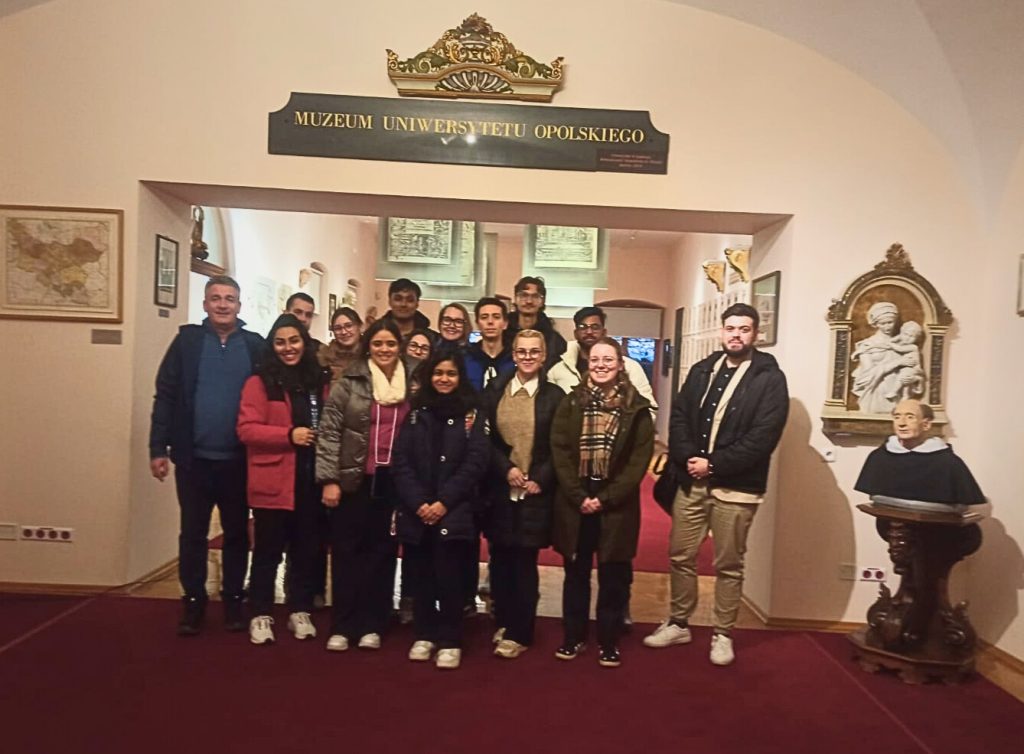
Day two: expertsession on legislative aspects of information services, including precedents and criteria for assessing illegal content, disinformation and manipulation; thematic workshop on the language and visuals used in crisis and conflict coverage; a debate on responsible and irresponsible practices of using AI technologies in journalism.
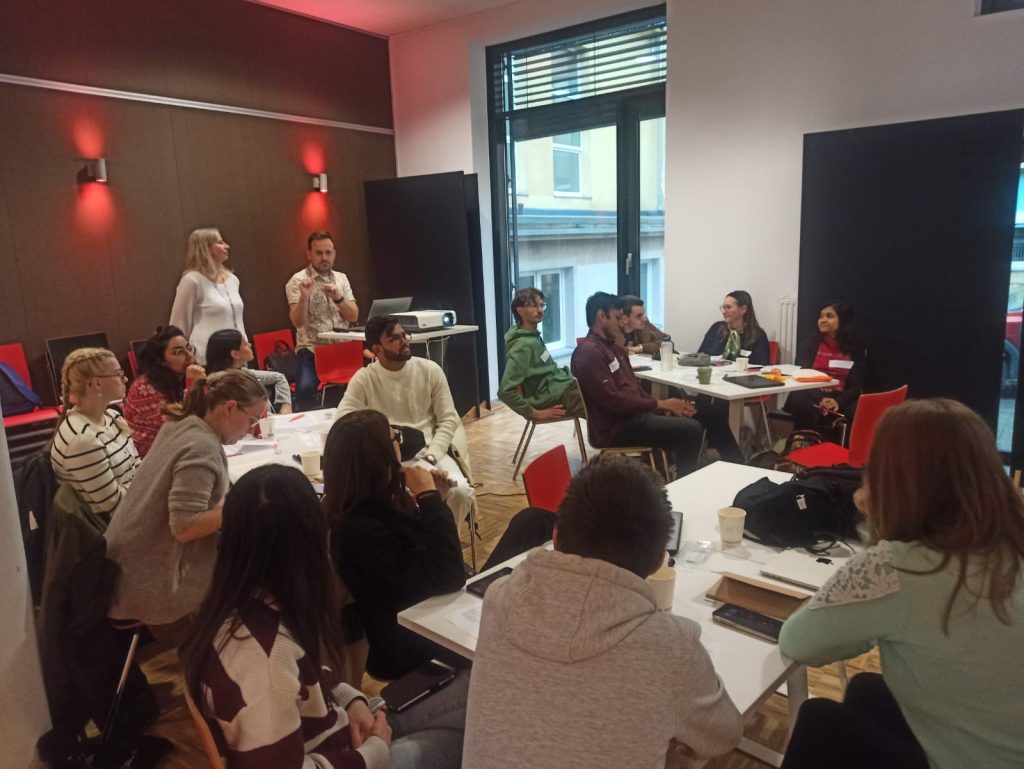
Day three: expert session on disinformation and an overview of projects that have already been developed to make citizens resilient to it; thematic workshop about large language models, stylistic characteristics of generative AI and consequences of their use in communication.
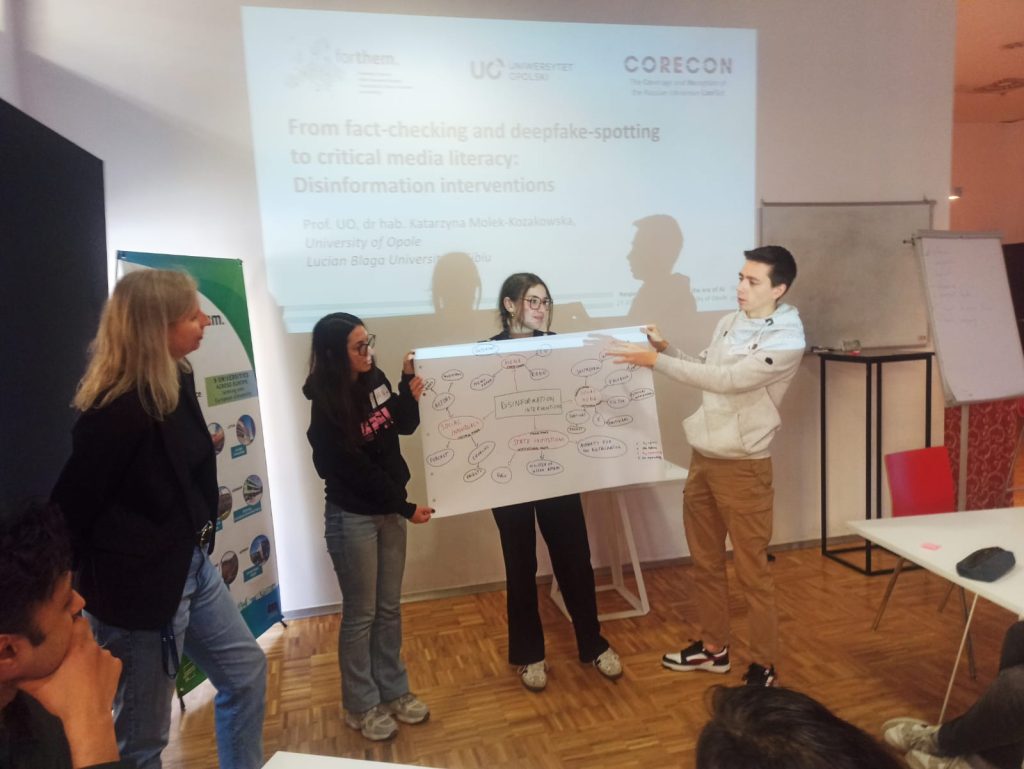
Day four: a visit to a local public radio station Radio Opole with a focus on how changing technologies have been shaping radio broadcasting; a talk with a senior editor of a local news outlet on ethics and new technologies; a simulation game on the mission and operating model of each team’s own media outlet.
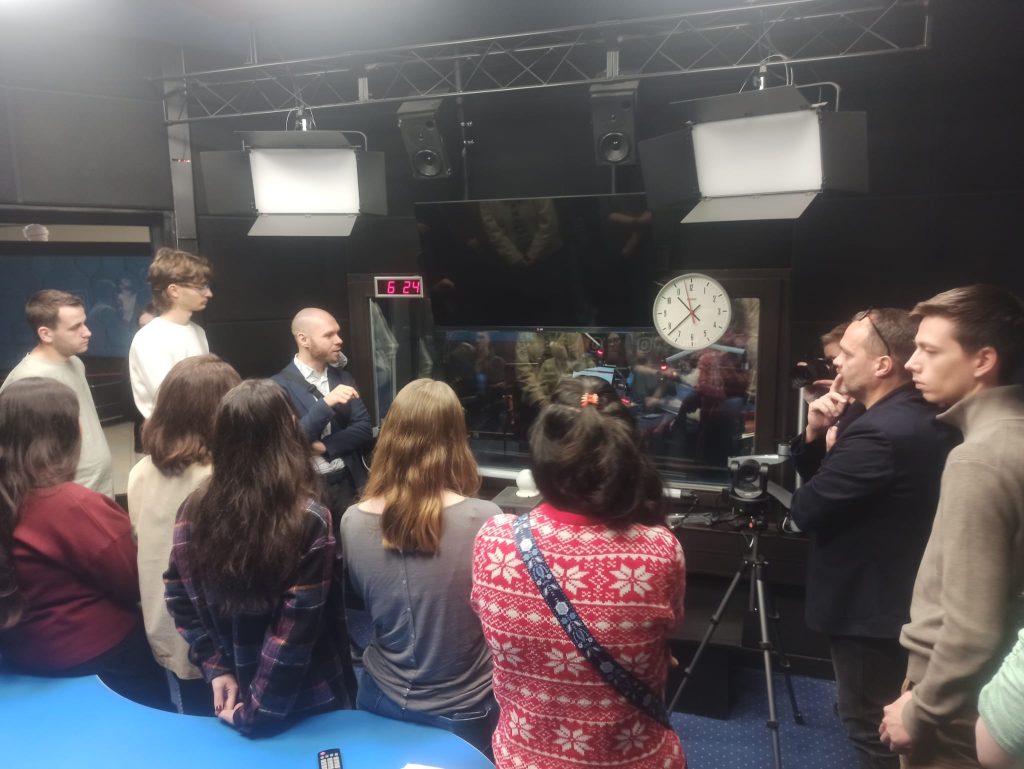
Day five: developing a code of ethical practice for the media outlet and adjusting it to various challenges;presentations on results of teamwork; follow-up and reflection of the event and its learning outcomes.
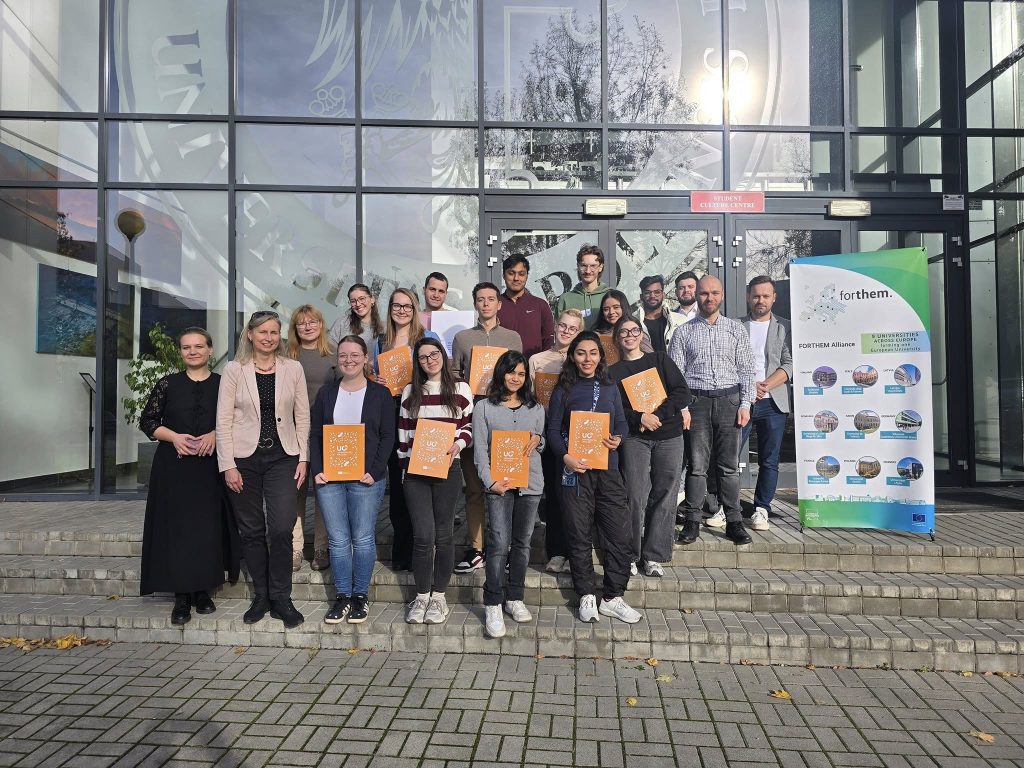
Organizing team
This event was invented and proposed to FORTHEM by Katarzyna Molek-Kozakowska, professor of linguistics and communication, head of the English department and the principal investigator of the CORECON project, whose research is related to the language of journalism and political discourses.
The expert and thematic sessions were designed and delivered by specialists from the Institute of Linguistics, University of Opole, who are also the collaborators in the CORECON project at Lucian Blaga University of Sibiu: dr. Rafał Krzysztof Matusiak, dr. Przemysław Wilk, dr. Jędrzej Olejniczak. The simulation game, needs analysis, debates and teamwork were be organized by dr. Marcin Deutschmann and PhD candidate Robert Radziej.
Mr. Piotr Guzik kindly accepted the invitation to share about the challenges he faces as an deputy editor-in-chief of a local news outlet “Opolska360”. The University of Opole authorities and administration units, notably the International Office and the FORTHEM office, assisted in the efforts related to logistics and dissemination during the event.
Text: Katarzyna Molek-Kozakowska

